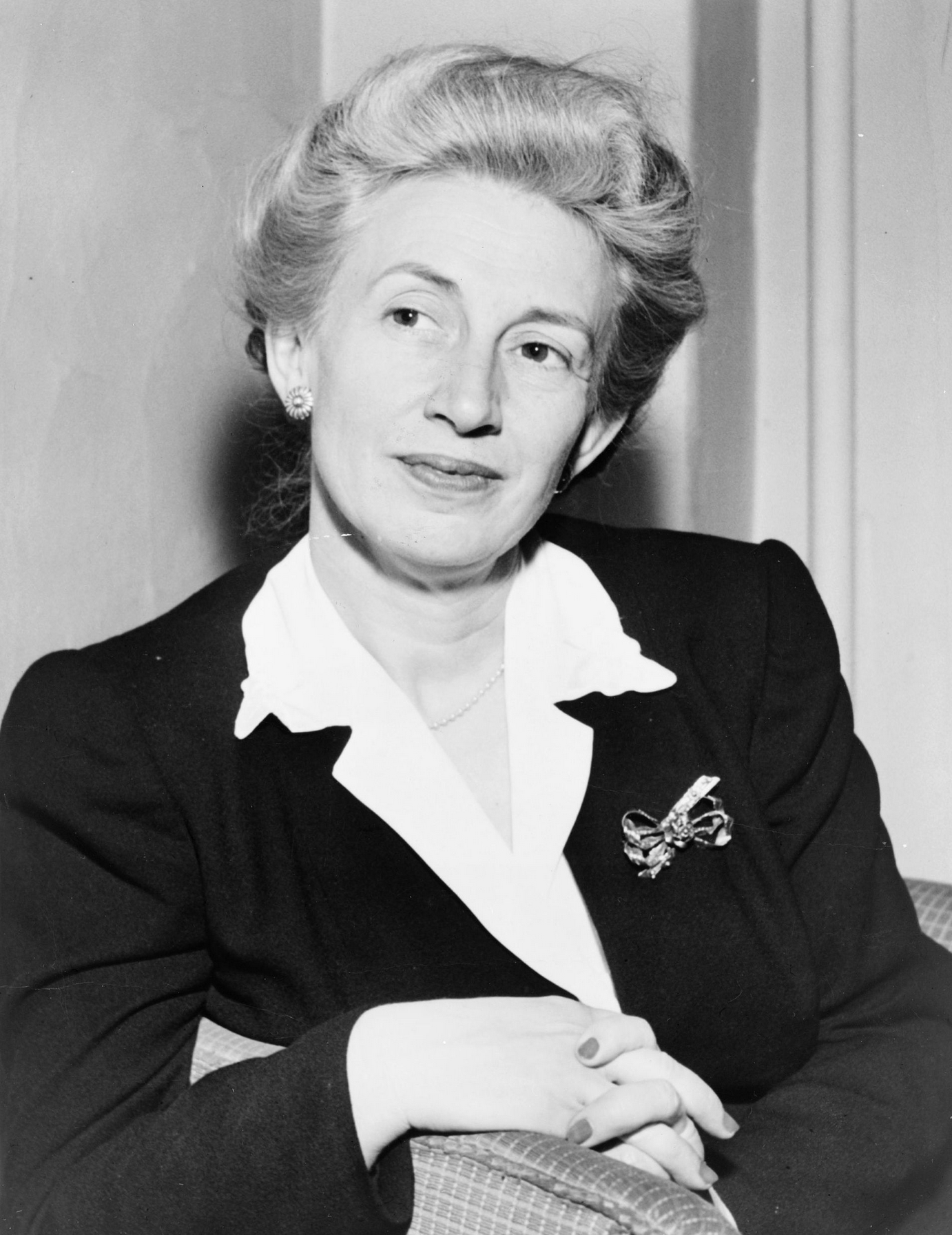Born in 1897, Lillian Smith was a pioneering White Southern critic of the Jim Crow South. Her antiracist journey began as a child, when her family adopted a little White girl named Janie, who had been found living in a “shack” with a Black family. Janie was suspected of having been kidnapped, and was forcibly relocated. Lillian and Janie became fast friends: they played together, shared clothes, and slept in the same room… until it was discovered that Janie was actually a White-passing, Black child. When Janie was suddenly torn away from Lillian, Lillian realized that there was something “out there” in the world beyond her parent’s control… and that it was powerful enough to make her parents do bad things. As she later wrote in her book Killers of the Dream:“I began to know that people who talked of love and children did not mean it . . . Something was wrong with a world that tells you that love is good and people are important and then forces you to deny love and to humiliate people.”
Lillian Smith became a prolific writer, whose keen psychological insights into the functioning of White supremacy supported generations of freedom fighters. Her writings explore how Jim Crow rituals sank in on a deeply somatic level that made it hard to question the racial order: it was not only children’s minds, but their bodies that learned “the twisting turning dance of segregation . . . hour by hour, year by year until the movements were reflexes and made for the rest of our lives without thinking.” She describes how a broader authoritarian culture that enforced unquestioned and strict rules around religion, gender, and sexuality was necessary to create the conditions for also not questioning White supremacy. Lillian Smith is also an early example of how queer women were often at the forefront of asking the deepest questions and developing the deepest analysis of power at the intersections of race, class, gender, and sexuality.
In addition to her contributions as a writer, Lillian and her partner Paula Snelling ran the Laurel Falls Girls Camp, located on Georgia’s Old Screamer Mountain, throughout the 20s, 30s, and 40s. The girls and young White women who attended were encouraged to explore any and all questions that felt alive to them in their lives, through theatre, dance, art, and discussion. The process inevitably led to rich conversations and realizations about race relations, sexism, authority… and in Lillian’s words, “our bodies, sex, death, life, God, our parents, hate, love, fear, anxiety, guilt, and beauty.” Generations of White southern women would later express the enormous impact that Laurel Falls Camp had on their lives.
Selected Books
Tanya Long Bennett (editor): Critical Essays on the Writings of Lillian Smith.
Melanie Morrison: Letters from Old Screamer Mountain.
Lillian Smith:
